Product pictures
| Amount Per 248 g | |||
| Calories | 350 Kcal (1465 kJ) | ||
| Calories from fat | 252 Kcal | ||
| % Daily Value* | |||
| Total Fat | 28g | 43% | |
|---|---|---|---|
| Saturated Fat | 7g | 35% | |
| Cholesterol | 170mg | 57% | |
| Sodium | 1470mg | 61% | |
| Total Carbs | 6g | 2% | |
| Sugars | 5g | 20% | |
| Dietary Fiber | 2g | 8% | |
| Protein | 19g | 38% | |
| Vitamin C | 11.3mg | 19% | |
| Vitamin A | 0.6mg | 20% | |
| Iron | 0.9mg | 5% | |
| Calcium | 80mg | 8% | |
* Percent Daily Values are based on a 2000 calorie diet. Your daily values may be higher or lower depending on your calorie needs.
Find out how many calories should you eat.
Ingredients And Nutrition Overview
Best
choice Good
choice Poor
choice Avoid
it!
choice Good
choice Poor
choice Avoid
it!
-
WeightWatchers Points: 8.9, PointsPlus: 9, SmartPoints: 11
WeightWatchers Points are estimated by carbohydrates, fats, protein and fiber in product. They are not an affirmation of better quality or nutritional value of the product or its manufacturer. Only way to count for dieters. Less points are better.
Read more at Weight watchers diet review -
Over 35% of daily saturated fat!
Bad! More 35% of daily saturated fat!
For years Saturated fat was claimed to raise cholesterol levels and give us heart attacks. Today different studies refute this claim. They say, that replacing saturated fat with carbohydrates or refined starch or sugar is not changing the heart disease risk. Not processed carbs nor saturated fats are good for you. Only if you replace it with polyunsaturated fat, you'll get a reduction in heart disease risk. So try to have a balanced diet. -
Very high cholesterol
Today cholesterol is no longer a villain. The 2010's USDA guidelines told us to limit cholesterol from foods
Now experts say cholesterol is "not a nutrient of concern" because cholesterol from foods doesn't cause higher
blood cholesterol levels.
Nevertheless try to consume no more than 300 milligrams daily.
This product has 90 mg of cholesterol or more.
How to lower the cholesterol intake? Here are some advices
- Try to limit your cheese, dairy and meat intake to one item per meal.
- Avoid meals with multiple sources of cholesterol (chicken with cheese, junk food)
- Try to indclude in your diet low- or nonfat dairy, seafood, legumes and nuts.
- Choose water instead of milk for your coffee.
-
Oh dear! Very salty! Over 50% of daily sodium allowance
The average American consumes 5,000 mg of sodium daily — twice the recommended amount amount of 2400mg for healthy adults, this is 1 teaspoon of salt.
For medical reasons many people should not exceed 1500mg of sodium.
Surprisingly, you're responsible for only 15% of the sodium in your diet the bigger part - 75% of the sodium that you consume each day comes from processed foods, not home cooking or the salt shaker.
Excess sodium intake increases the risk of high blood pressure, hypernatremia, hypertension, cardiovascular disease and other heart problems.
Are these reasons enough to cut the sodium intake? No doubt! -
Convert Salt tsps to Sodium mg easily
Salt (NaCl) is not excactly sodium (Na).
It is not right to use these terms as synonyms.
The FDA recommended limit of sodium is 2,300 mg per day (or even less - about 1500 mg while one is on low sodium diets).
This is much less than the weight of salt.
(5,750 mg per day or 3,750 mg for low sodium diet) and not so convenient to calculate.
Know how much sodium is in your salt - without a calculator:
1/4 tsp salt = 600 mg sodium
1/2 tsp salt = 1200 mg sodium
3/4 tsp salt = 1800 mg sodium
1 tsp salt = 2300 mg sodium -
2 tsp of sugars per serving
This volume includes both naturally occurring from ingredients and specially added sugars.
USDA tells us that last years each American consumed an average 130 pounds of caloric sweeteners per year!
That works out to 30 tsp of sugars per day approximately 480 extra calories!
Just to think: Eating just 200 more calories daily than your body requires for body functioning and exercise leads to a 20-pound weight gain in a year. -
More than 8% daily fiber!
Eat more fiber. You've heard it many times. But why it is so good for your health?
Dietary fiber is best known for its ability to make our digestion going right.
So want to prevent or relieve constipation - eat more fiber!
There are also other great health benefits as well, such as lowering your risk of diabetes, heart disease and cancer, and helping to maintain a healthy weight by helping to feel you full longer.
The best source of fiber are fruits, vegetables, whole grains and legumes and not processed foods with added fiber. -
Carrageenan is an additive made from seaweed.
It is used as a thickener in products such as ice cream, jelly, chocolate milk, infant formula, cottage cheese.
It is a vegetarian and vegan alternative to gelatin.
It has been used for hundreds of years in Ireland and China, but only made headway into modern food processing in the last 50 years.
The processing steps after harvesting the seaweed include drying, grounding, filtration, treatment with potassium hydroxide, removal of cellulose by centrifuge, concentration by evaporation, drying, and grounding.
Interestingly, the Philippines account for the vast majority of the world supply of carrageenan.
In some animal studies, carrageenan was shown to cause intestinal lacerations and tumors.
A 2001 meta-study of 45 peer-reviewed studies concluded that carrageenan consumption may result in gastrointestinal malignancy and inflammatory bowel.
The FDA has approved carrageenan as safe, basing its decision on industry funded studies.
European agencies and the World Health Organization have also deemed carrageenan safe, with the exception of infant formula.
The fear is the a baby's gut may be unable to handle the large carrageenan molecules.
In some individuals carrageenan may cause intestinal discomfort or worse. -
Has EDTA, on FDA's toxicity watchlist
Ethylenediaminetetraacetic acid (EDTA) is a chemical added to certain foods and beverages to keep their color and flavor.
EDTA is known as a persistent organic pollutant. It resists degradation from biological, chemical, and photolytic processes.
It may irritate the skin or cause skin rash and even asthma.
It is is generally recognized as safe by FDA, but is on it's list of food additives to be studied for toxicity. -
Sodium erythorbate, will it keep you safe?
It's a new type of additive and is a synthetic variation of ascorbic acid - Vitamin C.
It is used to keep a wide variety of foods fresh - from meats and canned fruits and vegetables to wines, jams and soft drinks.
During the process of cooking or digestion of certain processed meats, nitrites in them combine with naturally present amines and form carcinogenic N-nitroso compounds, which are associated with cancer.
Sodium erythorbate (or ascorbic acid) helps to prevent the formation of these cancer-causing chemicals.
Allergens
Lactose Allergy, Milk Allergy, Soy Allergy, Sesame Allergy, Eggs Allergy, Corn Allergy
Salad cobb Ingredients
Lettuce Mix: (Iceberg Romaine), Bleu Cheese Dressing (Vegetable Oil [Soybean, Canola], Bleu Cheese [Whole Milk, Cultures, Salt, Enzymes, Penicillium Roquefort]0, Buttermilk [Cultured Lowfat Milk, Salt], Water, Distilled Vinegar, Sugar, Whole Eggs, Egg Yolks, Salt, Natural And Artificial Flavors, Propylene Gylcol Alginate, Xanthan Gum, Hydrolyzed Corn Gluten, Sodium Benzoate [Preservative], Potassium Sorbate [Preservative], Calcium Disodium Edta [to Protect Flavor]), Turkey Breast (Cured With Water, Salt, Dextrose, Modified Corn Starch, Sodium Phosphate, Carrageenan, Turkey Stock, Flavoring [Contains Chicken Broth], Soybean Oil, Ascorbic Acid, Citric Acid, Sodium Nitrite, Natural Mesquite Smoke Flavor), Egg (Eggs, Citric Acid, Sodium Benzoate [Preservative]), Bacon (Cured With Water, Salt, Sodium Phosphate, Sodium Erythorbate, Sodium Nitrite, May Also Contain Sugar, Brown Sugar, Hickory Smoke Flavor). Contains: Soy, Eggs, Milk.
You Might Also Like
% RDI of Main Nutrition Facts
18%
of RDI* (350 calories) 248 g
-
Cal: 17.5 %
-
Fat: 43.1 %
-
Carb: 2 %
-
Prot: 38 %
-
0%25%75%RDI norm*
Calories Breakdown
- Carbs (6.8%)
- Fat (71.6%)
- Protein (21.6%)
Get Your Recipe of Health!
Follow RecipeOfHealth on Facebook!

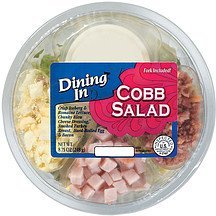
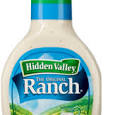
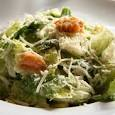
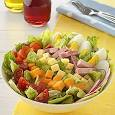
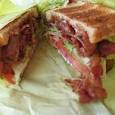
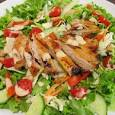
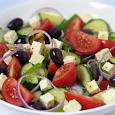
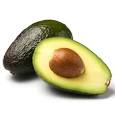
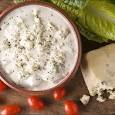
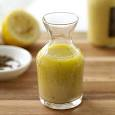
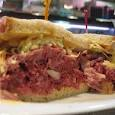
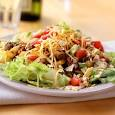
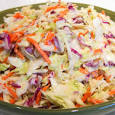
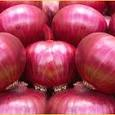
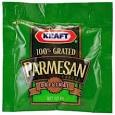
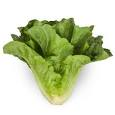
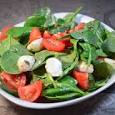
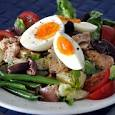
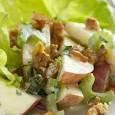
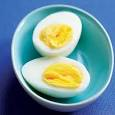

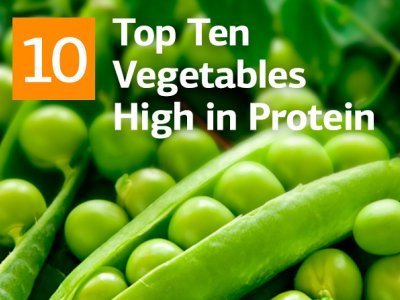

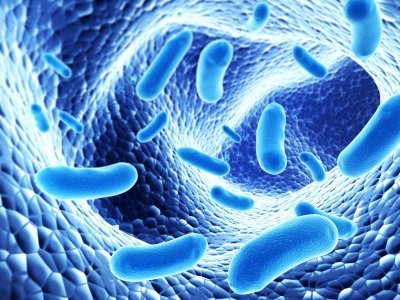


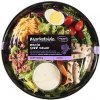

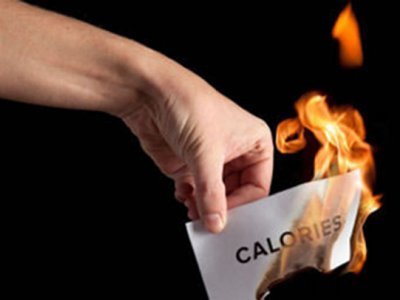
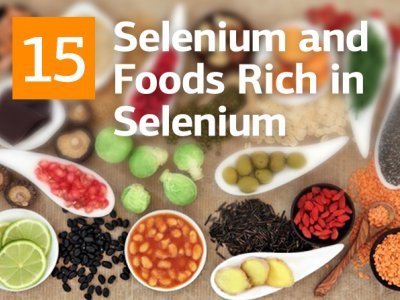
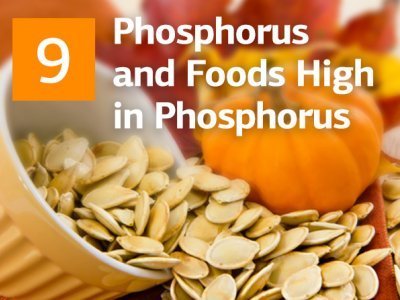
Add your comment